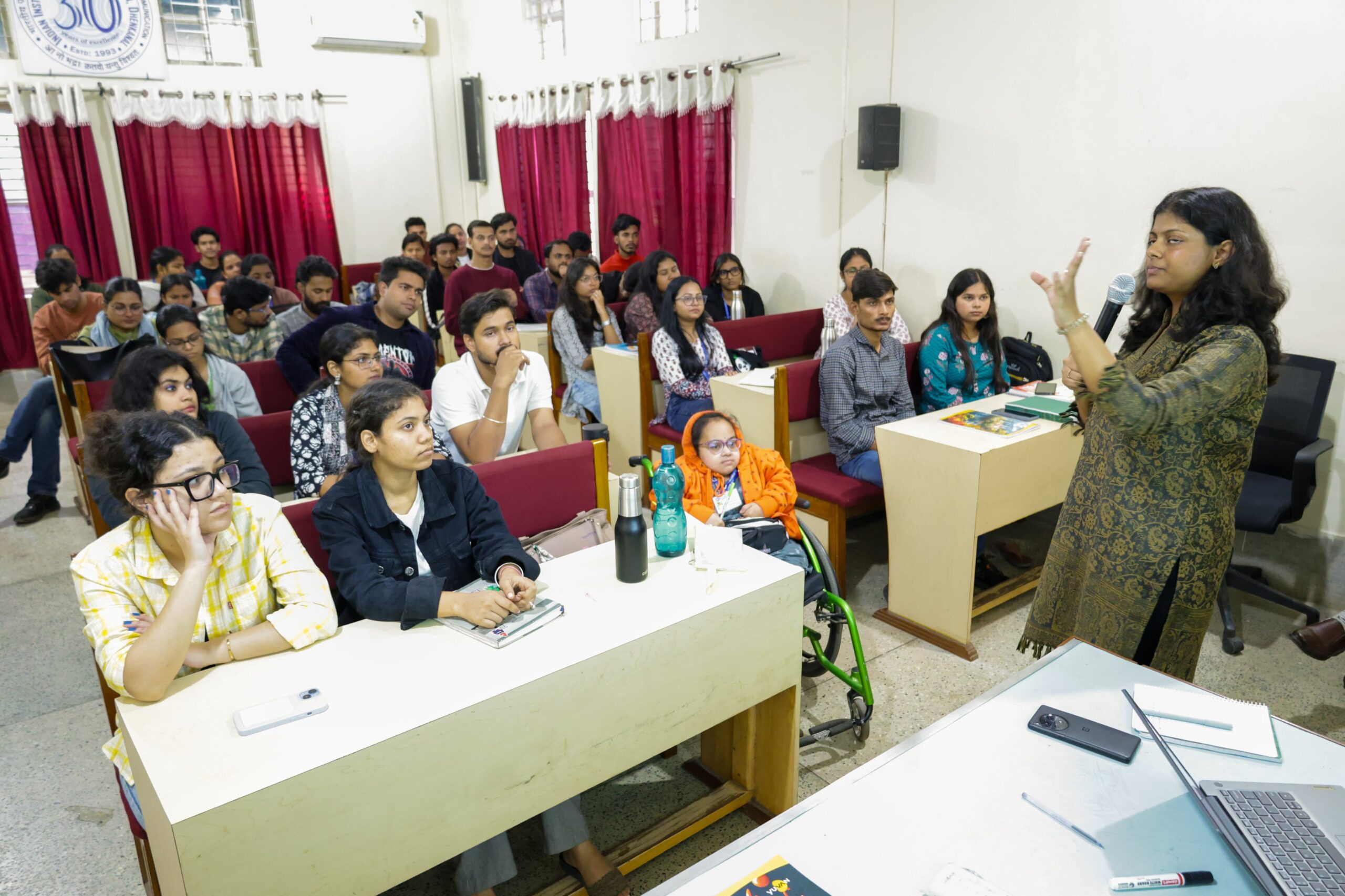Bhubaneswar: In a major pro-youth decision, the Odisha Cabinet on Wednesday approved a historic amendment to the Odisha Civil Service (Fixation of Upper Age Limit) Rules, 1989, raising the upper age limit for most state government job aspirants from 32 to 42 years.
The move, spearheaded by Chief Minister Mohan Charan Majhi, follows years of relentless advocacy by student groups and youth leaders who fought against what they called an outdated and unfair age cap. The change is expected to directly benefit over 20 lakh educated Odia youth who had aged out of eligibility due to the state’s previously rigid norms.
“This wasn’t just about jobs—it was about justice,” said Girija Shankar Jena, convenor of Ashayee Chatra Chatri Parisad, and one of the leading voices behind the movement. “Youth from poor and middle-class backgrounds who missed early access to education now have a second chance. Perseverance has no expiry date.”
Jena, who has been at the forefront of the decade-long campaign, pointed out that many other states—including West Bengal (40 years), Telangana (44), and Goa (45)—had already modernized their age limits. “Why should Odisha’s youth be left behind?” he asked.
According to the official press release by the General Administration & Public Grievance (GA&PG) Department, the revised age limit will apply to most state government posts. However, it will not apply to uniformed services like Police, Fire, Forest, and Excise, where separate recruitment rules and physical efficiency tests are in place. Existing age relaxations for SC, ST, SEBC, women, persons with disabilities, and ex-servicemen will continue as per government policy.
The change is set to dramatically expand eligibility for upcoming government recruitment exams, allowing even 40-year-olds to compete on equal footing with fresh graduates. For over a decade, job aspirants in Odisha—many with postgraduate and even PhD qualifications—had found themselves shut out of opportunities due to the lack of timely notifications and the 32-year age cap. The new amendment finally offers what Jena calls “hope restored for an entire generation.”
“We were not asking for favors—just fairness,” he said. “This is a victory not for a party or a person, but for every educated Odia youth who refused to give up.”
- Elementary Teachers in Bhubaneswar Were Refused Permission To Conduct A Sit-In
- If You Receive Phone Call For Updating Your Voter ID
- Pradeep Kumar Jena, the chief secretary of Odisha, examined the Inter State Bus Terminal (ISBT) project’s development at Baramunda
- GRIDCO’s Loan Burden Stands At Rs 6,522 Cr






